Sleep is an important part of our daily routine. It refreshes our bodies and replenishes our minds after a long day of work. It is just as important as taking food and water.
Sleep affects the body, mind, and heart. It also plays a big role in body metabolism. Lack or little sleep slows down normal body functions. The basic functions of the brain and brain like memory, judgment, and movement won't be optimal.
Sleep is an active process. It is also a complex one. Even though sleep needs vary from one individual to another, the amount of deep sleep needed is standard. These sleep needs may vary with age, work, health or the food one eats.
We are going to examine how much deep sleep we need below:
When you are awake, a substance known as adenosine builds up in the body. It triggers sleep. The body breaks the adenosine down when you fall asleep. The other chemical responsible for sleep is melatonin. Melatonin prepares the body for sleep. It is extremely sensitive to light. It is stimulated when night approaches and inhibited when light is detected.
Sleep can be classified into two categories. The first category is the Non-rapid eye movement phase. The second category is the rapid eye movement phase.
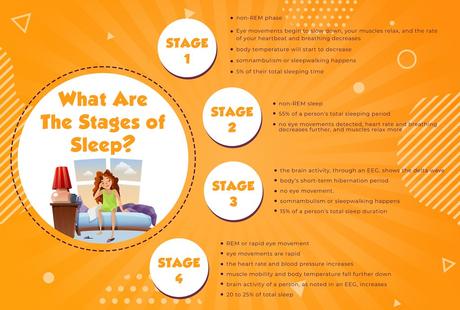
According toEleesha Lockett, an average human being goes through four stages of sleep. These stages include three non- rapid eye movement stages and one rapid eye movement stage.
As the name suggests, the eyes move rapidly under the eyelid in the random eye movement phase. The eyes stay still during the non-random eye movement phase.
The four stages of sleep are:
In this stage, you sleep lightly. Noise or disturbance can easily awaken you. In this phase of sleep, your eyes move slowly. The muscles relax while the heart rate slows down.
This phase of sleep is associated with slower brain waves. It is accompanied by occasional bursts of brain waves. This is the transition to the deep sleep phase.
Stage three is the deep sleep state. It is very hard to be awakened at this stage. If someone woke you up, you would feel disoriented. This stage is characterized by slow blood flow, long slow brain waves, and muscle relaxation.
This is the most important stage of sleep. During this stage, growth hormones are released. Blood flows to the muscles. The Brain flushes out wastes. Tissue and cell repair are initiated. Apart from that, this stage is the restorative phase for feeling well-rested and energetic when you wake up.
Deep sleep is associated with bed-wetting and sleep talking.
Stage 4 is characterized by rapid eye movements. The eyes move rapidly even though the eyelids are closed. The brain is more active in this stage of sleep. Blood pressure, heart rate, and breathing is irregular.
The REM stage occurs after 90 minutes of sleep. The deeper periods occur in the second cycle of the night.
This is the stage associated with dreaming. The arms and legs are temporarily paralyzed. This helps to prevent you from acting out what you are dreaming of.
WebMD suggests that babies spend 50% of their sleep in this stage. Adults only spend 20% of their sleep in the REM stage.
After this stage of sleep, the cycle repeats itself until you wake up. As the cycle repeats itself, the REM stage becomes longer while the Non-REM stage becomes shorter. This may explain why you may experience over one dream in a night. This stage stimulates the parts the brain uses for learning and memory.

The body alternates between deep and light sleep whenever you fall asleep. You need deep sleep to feel rested when you wake up. This stage only comes after the two first stages. During this stage, the brain waves slow down. This makes you less responsive to interruptions and outside noise.
Deep sleep makes up 75% of your sleep. This is possible because the sleep cycle keeps repeating itself.
The deep sleep cycle lasts for 45- 60 minutes in children.
Teens spend 20% of the recommended length of sleep in their deep sleep. They need 8-10 hours of sleep each day. Therefore, deep sleep lasts for around 90 minutes.
The deep sleep cycle lasts for 20-40 minutes in adults. An average healthy adult experiences 1-2 hours of deep sleep for every 8 hours of sleep. Waking up tired is a sign that you don't get enough deep sleep.
During the deep sleep cycle, the blood supply to the muscles is increased. Growth hormones are released and energy is restored. Children need more sleep than adults and therefore have more growth hormones released to their bodies. Deep sleep plays a big role in memory development and learning.
How to Get More Deep Sleep
The most effective way to get more deep sleep is to set aside enough time to sleep. Doing this will make sure you experience all the stages of sleep. Other activities that may help you catch more sleep include:

Ensure you perform enough exercise. Apart from refreshing the body, you won't have a hard time falling asleep. You should avoid exercising just before bedtime.

Taking the right amount of carbs at least four hours before sleep can help boost sleep. Carbohydrates raise blood sugar. This causes the body to release tryptophan and serotonin which are responsible for causing sleep.

Depression, anxiety, or bipolar disorder all cause sleeplessness.
They most likely affect deep sleep. Taking anti-depressants can help some people get more sleep.
Other practices like avoiding blue light from mobile devices, and avoiding caffeine can help in getting more sleep.
Effects of Not Getting Enough Deep Sleep
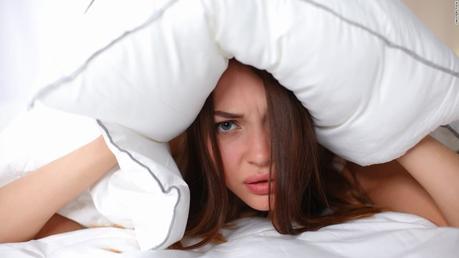
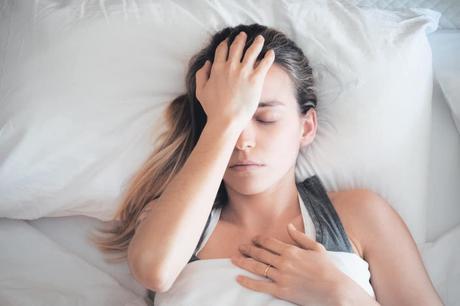
Lack of deep sleep can impair the brain's cognitive functions such as memory, concentration, decision making, and judgment.

Sleep releases proteins that monitor the body for infections and inflammations.
The change in heart rate during all stages of sleep helps improve cardiovascular health. Lack of sleep can lead to obesity, diabetes, and high blood pressure.
Lack of sleep affects the body metabolism. Sleeplessness also causes you to increase food intake to compensate for lost sleep. This may lead to considerate weight gain.
Read more, Your body burns calories while you sleep - Here is how to burn the most
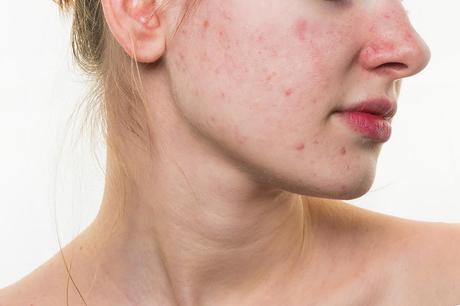
Lack of sleep affects the skin. Wrinkles, pale skin, or dry skin may be a sign of sleeplessness.
Deep Sleep for People with Sleep Disorders
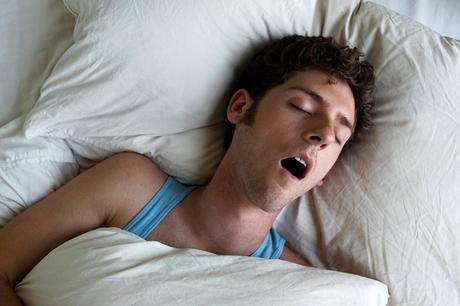
Many people are suffering from sleeping disorders, which can affect their quality of sleep. Harvard med has outlined different sleep disorders and their respective treatment methods. However, we are going to only focus on the ones which could affect your deep sleep phase.

The body has substances that prepare the body for sleep. They act as a clock. As discussed earlier, the adenosine and melatonin enhance sleep. Abnormalities affecting these regular sleep routines are called circadian rhythm disorders. They include jet lag, a shift in working hours, or changed sleep patterns.
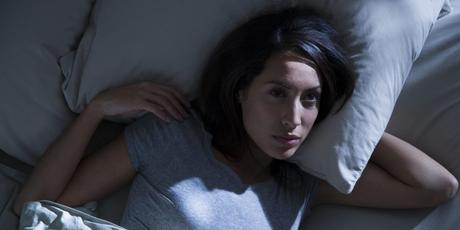
This is an inability to fall asleep at night. It can be caused by stress, anxiety, or depression. Lack of sleep eventually affects your activities during the day.
How to deal with insomnia? Here's 5 Simple Ways to Fix it!
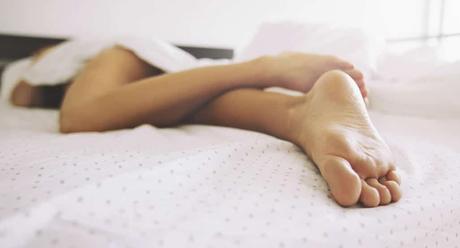
People suffering from this disorder feel a certain discomfort when they want to sleep. They move their feet in a cyclic, rhythmic motion to find relief.
Conclusion
Deep sleep is the most important stage of sleep. It is necessary to have enough sleep to make use of the restoring effects of deep sleep. This is the phase of sleep where the brain is replenished and the mind is refreshed.
If you want to achieve optimal performance during the day, you need to get enough sleep. You now have all the necessary information needed to improve your sleep routine. You will be fully rested in the morning.
Related,

